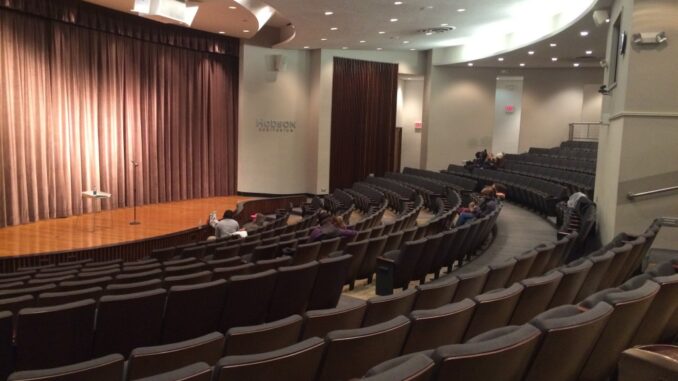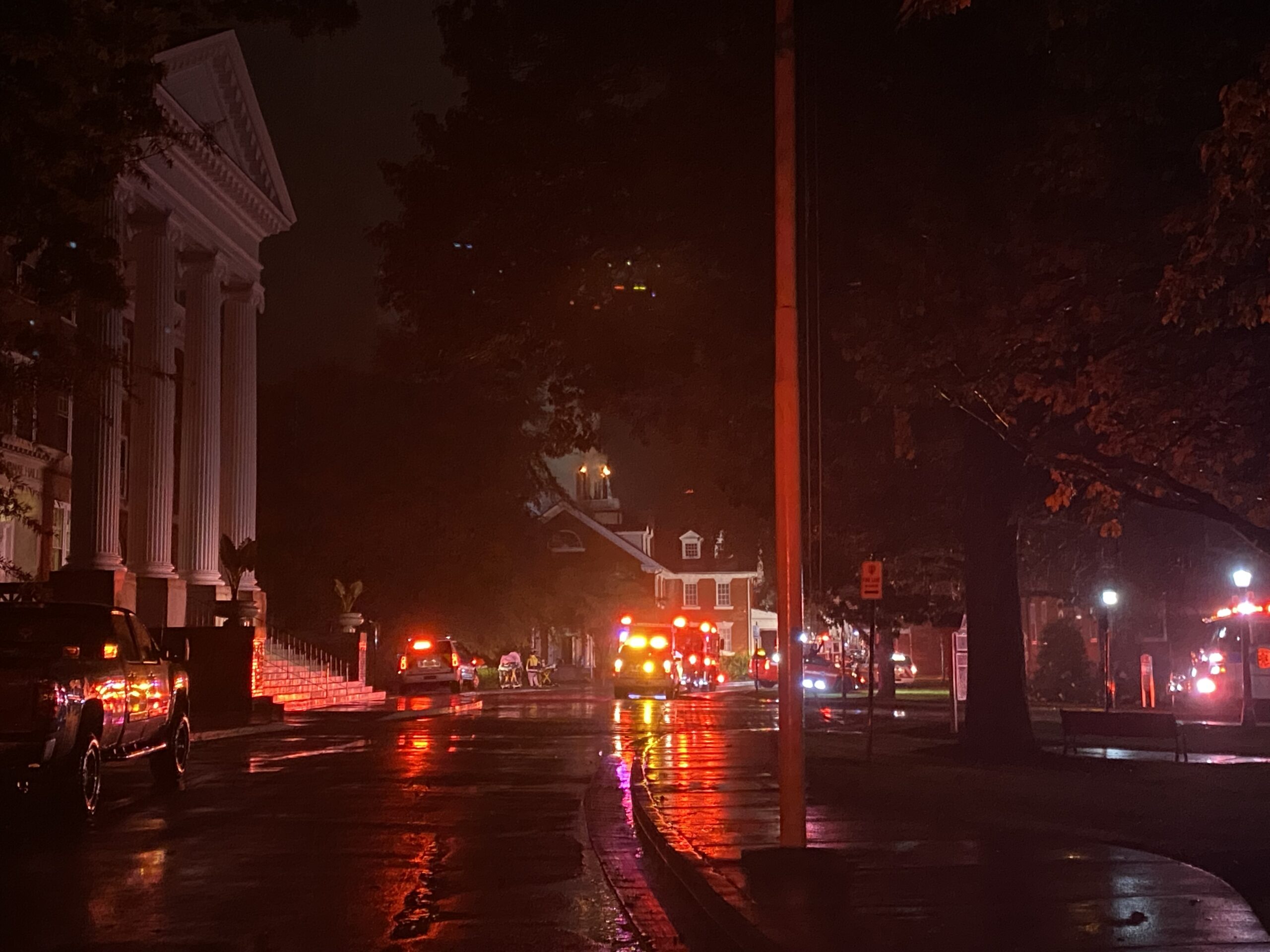
By Amrit Brown//
Lack of communication or lack of interest? Student Government Association and student council both have prominent leadership voids for the fall semester.
This year’s SGA election had no competition for open positions. Riley Fitz was elected president. Not only will Fitz serve as president of SGA in the fall, but she will also serve as secretary on the Student Council for the class of 2024 which does not currently have a president.
This problem is not only typical of SGA and Student Council, but also some clubs on campus such as the Fellowship of Christian Athletes and the Student Athlete Advisory Committee, said current SGA president Hannah Armstrong. “Nobody wants to do anything,” she said. “Nobody wants to be involved at all.”
Clubs like BSU and QSU don’t have these problems, according to Armstrong. Fitz added that those willing to participate in student government are “often busy with other leadership roles” in other clubs.
Dean of Students Ron Wiafe characterized the lack of student interest as a communication problem. Wiafe said that there needs to be more intention in outreach to students as well as better communication over the qualifications needed to be on student government.
Director of Student Engagement Christine Marconi agreed and said she wanted to increase engagement in campus events through better use of communication.
Fitz also believes that better communication is a necessity but worries that students don’t check their emails and are not aware of general meetings. She believes that making those meetings mandatory for those seeking money from the student government could help increase attendance. Fitz added that reminding students about student government and its meetings over the morning announcements could be beneficial.
Currently, SGA is able to make do, but Armstrong believes even more issues will begin to arise next year when Fitz takes over office. Fitz will need to choose a vice president from a limited pool of candidates, many of whom already fill essential roles in the government.
In his two years on campus, Wiafe said that participation in student government has increased. However, he added that he does not have an answer for current vacancies.
Armstrong, Fitz, and Wiafe concur on one important detail: the necessity of SGA. “It really is a good opportunity to meet people,” Armstrong said. “Student government has the ability to be really powerful on campus,” Wiafe added.
Outside of SGA, Wiafe believes that campus engagement is strong. While he could not comment on pre-COVID numbers, Wiafe said that campus engagement and the sheer number of activities are the highest they have been since the beginning of the pandemic.
The school plans to add more future weekend and evening programming as well as continue to support current campus and club events, Marconi said.
At the end of the day Marconi wants engagement to continue to increase. We want to “make sure students know when events are happening and where they are,” she said.




Be the first to comment